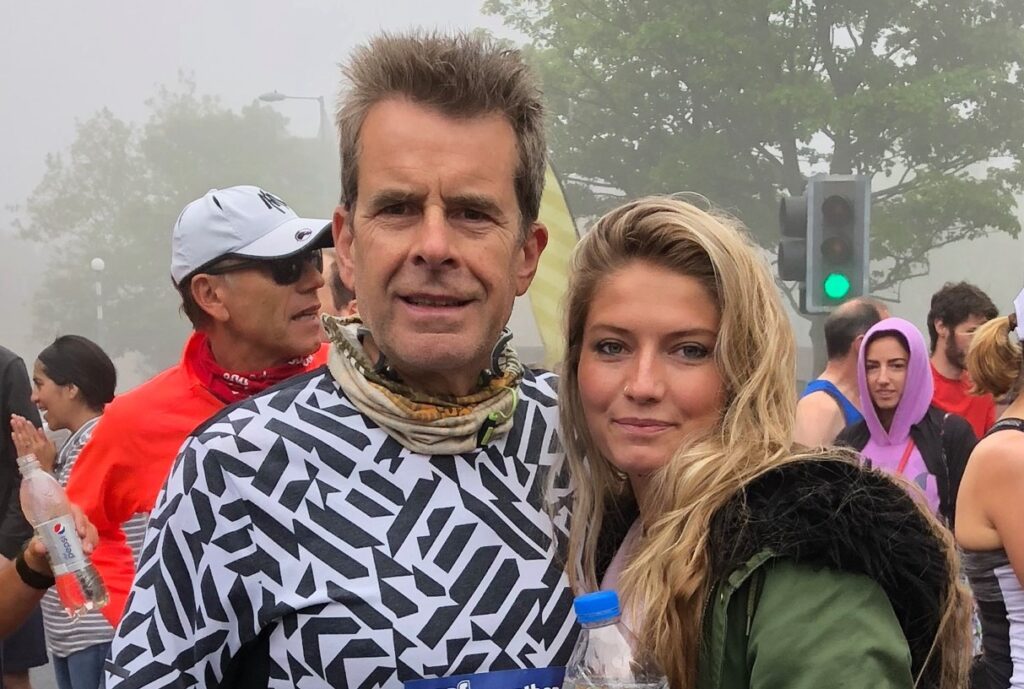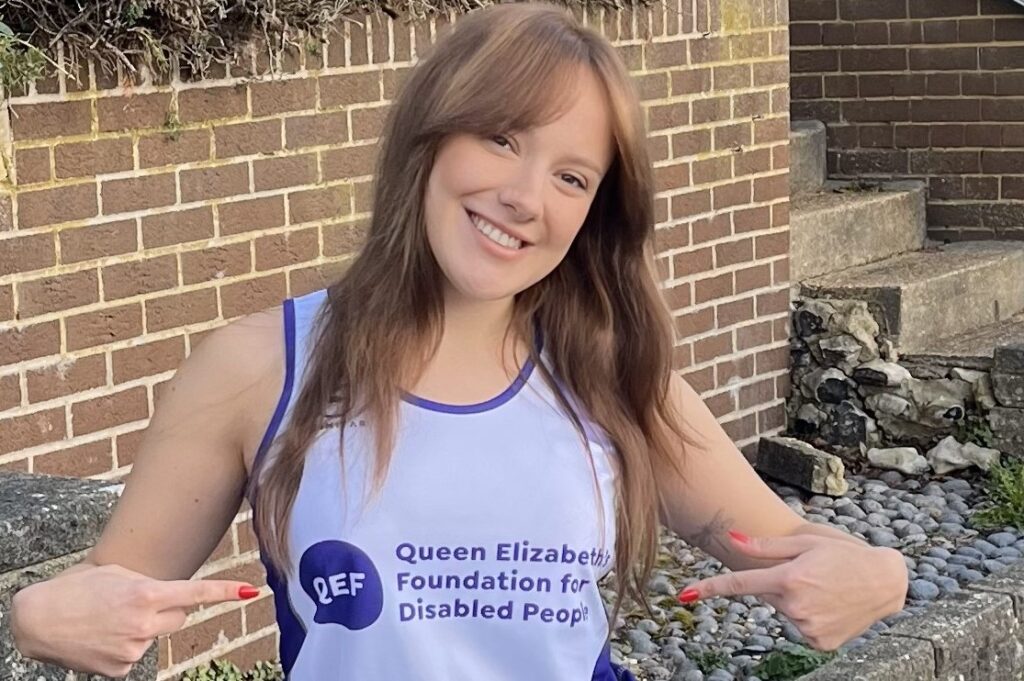The team at The Grange in Kent, which is part of QEF, are doing some fantastic work with the people they support in residential social care, to understand more about different types of relationships and what healthy relationships look like. Pride month is also a great opportunity to encourage these conversations and support learning, understanding and self discovery.
Watch or read an interview with Sarah Edwards, Managing Director and Ed Nash, Registered Manager at The Grange in Kent.
Supporting people in residential social care to understand relationships.
How do you support discussions around sexuality and relationships at The Grange?
Sarah: So, the people that we support traditionally have never been exposed to opportunities to have conversations about their sexuality, and really, their identity. Curriculums now will teach children with additional needs, about their learning disability and about sexuality and relationships. But that’s not something that the majority of the people we support have had the opportunity to explore. So, it’s something that we are really passionate about to make sure that we give people the opportunity to understand their own sexuality, and have the opportunity to build meaningful relationships outside of those that are paid to be here to support them or their family members.
Ed: Some of the work we’re starting to do, we’re starting to have those conversations with people. And just talking to people about whether they know what, what sex is, and some of the, the answers we get are really interesting, that there is an idea that it might be between people, but that’s almost as far as it goes. So, it’s about opening that box, which is really exciting. We’ve had a number of people who said I’d quite like to have a relationship. And there’s been some really nice work around that about what relationship looks like, which has come all from them, you know, I want someone to, you know, hold hands with and take out for dinner and be close to someone, which is absolutely what a lot of people look for in a relationship.
Is this different for people who have spent a long time in social care?
Sarah: A lot of the exposure to relationships that people will have had is from some quite negative experiences. So, watching EastEnders, watching, Emmerdale, they don’t portray relationships in the “normal”, “normal” way. And so, for many people, because of their lives, having lived in a care environment, they wouldn’t have had very many opportunities to see normal loving relationships and see what that looks like. They might have brothers and sisters or, or family members, but again, they live the majority of their time in a residential care home. So, we need to make sure that people understand what a normal relationship is. And I’m not necessarily talking about a sexual relationship, I’m talking about meaningful relationships with other people. The majority of the people that we support and within social care, they have people in their lives, those people in their lives are often paid to be there. So, the support teams or their family members, and it’s really important that we broaden those opportunities for people.
Ed: Yeah, I think it’s, it’s incredibly complex. It’s not just as easy as starting to talk about sex and sexuality in some ways, because some of these people, the people that we support, and these conversations may never, never happened at all. And, and you have to be very careful about the language you use, which is something we talk to each other about as staff, you know, What’s appropriate? What’s not appropriate?
Are there any challenges around language?
Sarah: There’s an awful lot of ingrained misunderstood language in the people that we support. So they’ll use sometimes some quite derogatory terms around sexuality, but they don’t understand what they mean. So when you ask the question they don’t understand. So they’ll say, we can’t be lesbians, we’re adults. And this will be two men having this conversation. So there’s a lot of myth to undo.
Ed: And that’s where questioning is really helpful and useful. You know, someone says you know, two men can’t do that. And it’s saying, Okay, that’s interesting. Why, why do you think that they can’t do that? And why is it that you feel that they shouldn’t be able to do that? And often, the answer will be on I’m not sure.
How do national events like Pride month help?
Sarah: Some of the things that we were planning as well, it’s obviously Pride Month, and we really want to celebrate that within the services. So, we’re planning some workshops so people can understand what pride means, what it might mean to them, what it might mean within their local communities, and understanding the pride flag and what what everything means, which will be really, really interesting.
Ed: I think in the past, we’ve done some when we’ve talked about subjects that are quite complex. We’ve often done like a little bit of art afterwards to say all draw how you felt. So, I don’t know, it might be like, oh, let’s paint what you think a relationship looks like. And that might be as simple as just a picture of two people holding hands or it might be like loads of colours and stuff that they can then explain to us what different colours mean, and it’s just a really lovely way of exploring quite a complex subject in a nice, nice, creative way.
Sarah: And I think the other thing of being able to have these conversations is being able to do it in a real time with a real example. So, Philip Schofield coming out, provided a really good opportunity for us. Everybody here knows Phillip Schofield. Use that as an opportunity to start having these conversations without just going in completely unrelated.
Ed: But the beauty of it is, is that we’re already finding those, those little positives, people feel slightly more open to talk about relationships, which has been the big one recently, and what they want from relationships and why relationships are important. And that’s something that we’re very passionate about supporting.

